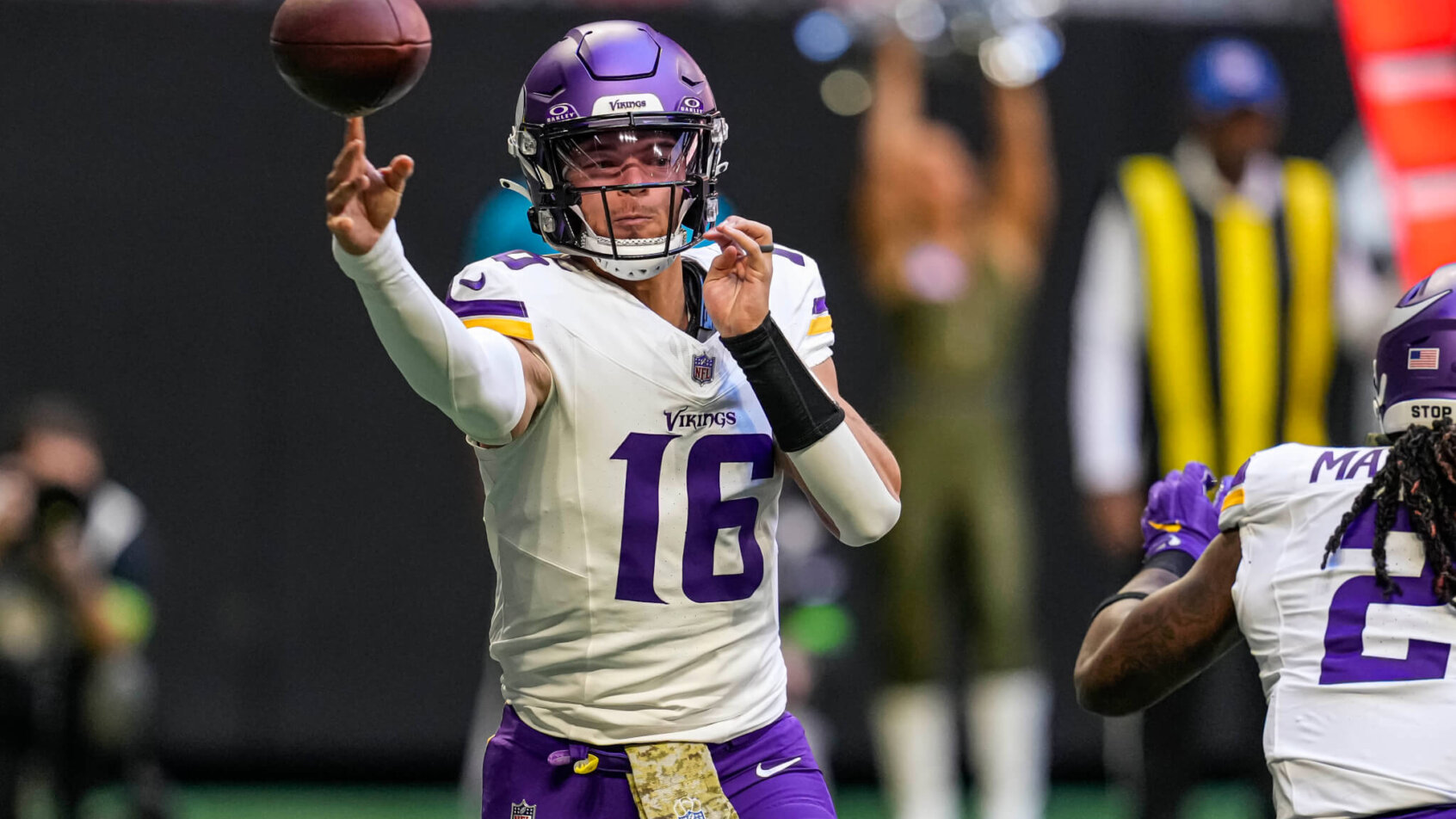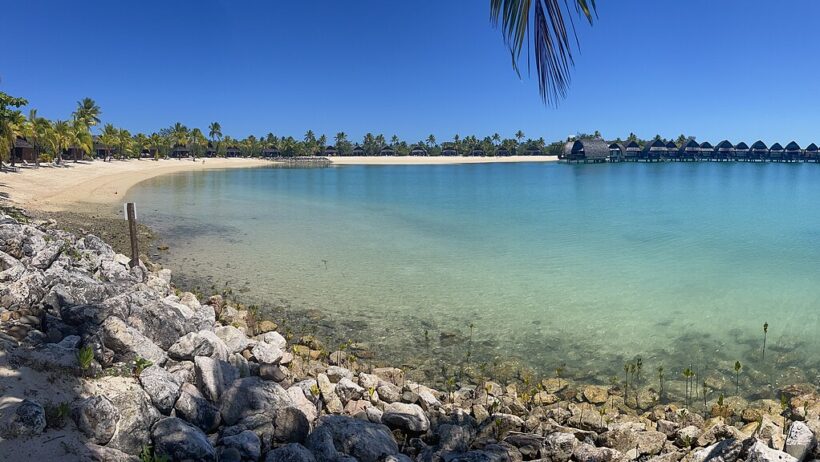Minnesota Politicians Considering Complete In-Game Sports Betting Ban
By Robert Linnehan in Sports Betting News
Published:

- Sen. Matt Klein’s sports betting bill was amended in committee to not allow in-game betting
- The bill was carried over from the 2023 session
- Minnesota would be the only state in the country to enforce such a ban if sports betting is legalized
A Minnesota Senate committee agreed to a proposed amendment to Sen. Matt Klein’s (DFL-53) sports betting bill, SF 1949, that will drastically alter what the legislation allows.
The bill, a holdover from the 2023 legislative session, was approved by the Minnesota Senate Commerce and Consumer committee, but not before being amended to prohibit in-game sports betting throughout the state. If prohibition would be the first of its kind in the country if the bill becomes law.
The amendments were proposed by Sen. Jordan Rasmusson (R-9) and supported by Klein.
Protecting Minnesota Sports Bettors
Rasmusson explained the changes to the bill would allow regulators to take a “product safety approach” and add common sense tools to “mitigate some of the harms that can come from problem gaming.”
“Problem gambling experts have identified in-game betting as some of the most problematic for problem gamblers because it can take a single sports event and turn it into hundreds of betting opportunities for consumers. It can lead to loss chasing and other concerning factors,” he said.
The amendment also includes a requirement for sports betting users to set a limit on how much they could deposit or lose from an account in a single day. Users would be able to opt out of this requirement, Klein said. The amendment was quickly adopted by the committee.
Another amendment to prohibit betting on college sports was not approved.
The bill was moved along to the committee on taxes.
Klein’s sports betting bill is a Senate companion piece to Rep. Zack Stephenson’s (DFL-Coon Rapids) bill, HF 2000, which seeks to legalize retail and online sports betting for Minnesota state tribes. The proposed legislation gives tribes sports betting exclusivity, allowing each to have a retail sportsbook location and one digital skin to offer online sports betting.
In an effort to appease state racetracks, his bill dedicates 30% of the state’s sports betting revenue to a newly created Horse Racing Economic Development Fund operated by the Minnesota Racing Commission. The funding would be capped at $20 million, but after the cap is reached an additional $3 million annually would be deposited for track use.
The following tribes would be eligible to offer retail and/or online sports betting if the bill is approved:
- Bois Forte Band of Chippewa
- Fond du Lac Band of Lake Superior Chippewa
- Grand Portage Band of Chippewa
- Leech Lake Band of Ojibwe
- Lower Sioux Indian Community
- Mille Lacs Band of Ojibwe
- Prairie Island Indian Community
- Red Lake Nation
- Shakopee Mdewakanton Sioux Community
- Upper Sioux Community
- White Earth Nation
Klein’s bill stalled in 2023 after a hearing in the Senate State and Local Government Committee.
Minnesota Tribes Wary of Changes
Andy Platto, Executive Director of the Minnesota Indian Gaming Association, said the gaming association supports the bill moving forward in the Senate, but was not in favor of the approved amendments.
“MIGA tribal leaders continue to evaluate the bill. Some of these policy changes are of serious concern to MIGA tribes, however tribal leaders do ask for the committee’s support of the bill as amended today so it can continue its progress in the Senate,” he said.
However, others were less enthusiastic about the bill. Tracie Wilson, CFO of Running Aces, addressed the committee and said that state racetracks could not support the bill in its current form. Funding to the tracks are capped in the bill, she said, while funding for the tribes and sports betting operators has no restrictions.
The usage of the funding is restrictive as well, Wilson said, as they can only be used to make improvements at track facilities.
The sports betting industry shared their opinions on the amendments as well, decrying the changes to the bill. Jeremy Kudon, president of the Sports Betting Alliance, noted the amendment to prohibit in-game betting will send Minnesota sports bettors flocking to unregulated, offshore sports betting operators who offer those types of markets.
The decision will also likely cut expected revenue in the state in half, Kudon said. The bill originally was estimated to bring in $50 million to $75 million in its first year, but without in-game betting the revenues would likely decrease to just over $20 million.
“In-game wagers account for over 50% of all bets in the legal market,” he said.

Regulatory Writer and Editor
Rob covers all regulatory developments in online gambling. He specializes in US sports betting news along with casino regulation news as one of the most trusted sources in the country.



